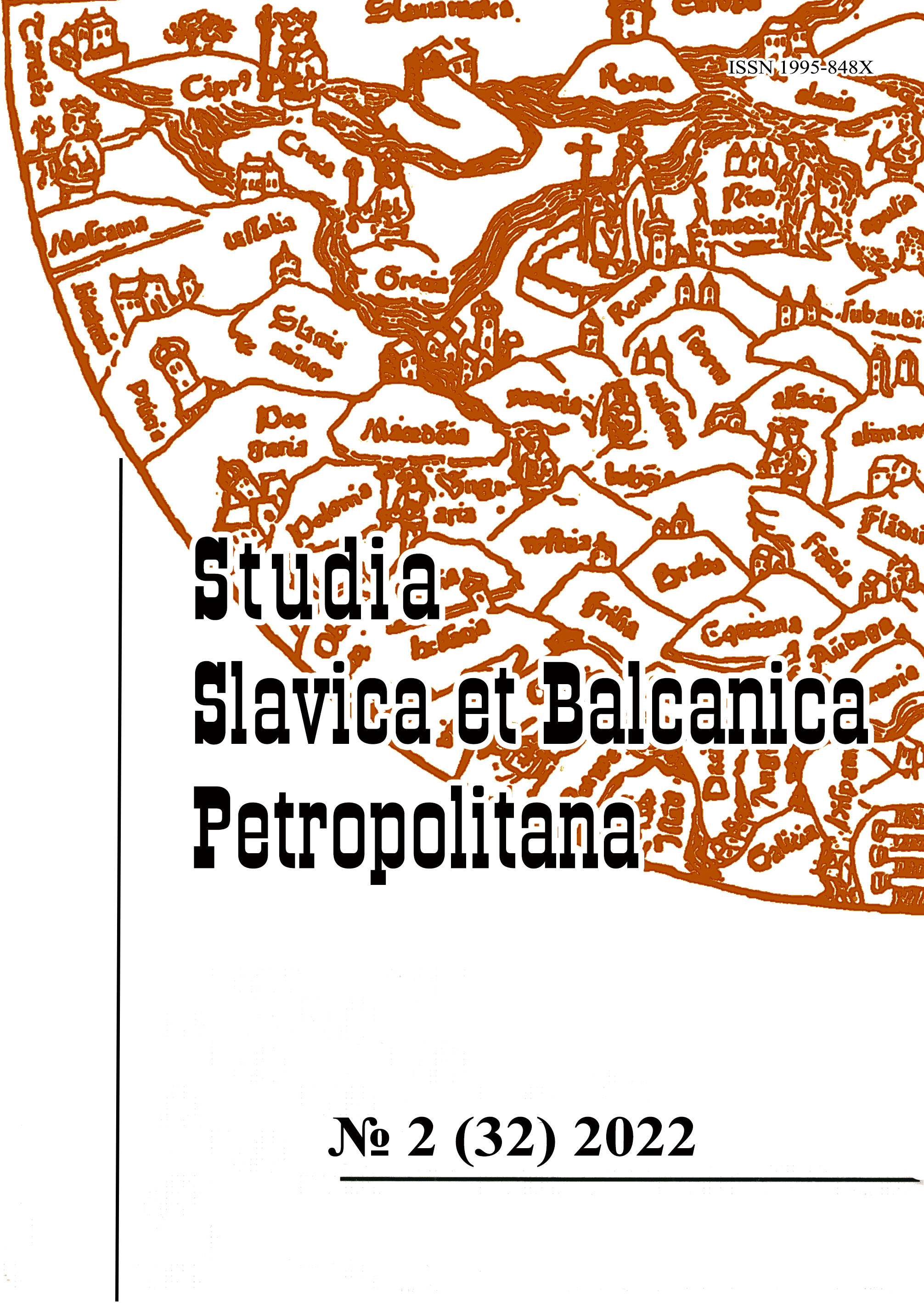Практики историописания в пространстве межкультурного взаимодействия
Historical writing practices in the space of intercultural interaction
Author(s): Lorina Petrovna RepinaSubject(s): Cultural history, History of ideas
Published by: Издательство Исторического факультета СПбГУ
Keywords: history writing; «new world history»; regional history; «new comparative history»; «histoire croisée»; cross-cultural communication; dialogism; historical memory;
Summary/Abstract: Over the past half century, historical science has experienced a series of «turns», enriched with new approaches, which has led to qualitative changes in the subject field and research issues, in the structure of historical knowledge, in the practices of historical writing and professional self-awareness of historians. In this context, actual historiographic studies acquires a new status. At the heart of professional historical culture, a special type of collective memory is found, with characteristic values (primarily the requirement of reliability) and means of communication, both within one’s own community and with society as a whole and with representatives of another culture. We are talking about an attempt to analyze and comprehend thespecific features of historiographic texts created in different chronotopes in the conditions of intense contacts and confrontation between emerging and mutually affirmed national and cultural identities. On the other hand, as a result of the so-called spatial turn, the most striking manifestation of which was the formation of interdisciplinary research fields of global, new world and new regional history, the focus of researchers was communication processes covering the development of relationships in the world over the past half millennium. Such a history appears today not only as a set of empirical studies that overcome the limited horizons of individual national-state histories, but also as a fan of differently defined macrohistorical approaches – as transnational history, histoire croisée, connected history, etc. The focus of transnational research is complex multicultural formations or various forms of other cultural communities that are in more or less close relationships. The main thing in this strategy of studying two or more related objects belonging to different cultures is to take into account the subjectivity and activity of all aspects of interaction. It also raises the question of overcoming latent exclusivity in the current intercultural discourse and the possibility of a new integrating conception, capable of covering the history of mankind, taking into account the differences in cultural traditions and ways of historical thinking.
Journal: Петербургские славянские и балканские исследования
- Issue Year: 2022
- Issue No: 2 (32)
- Page Range: 114-129
- Page Count: 16
- Language: Russian

